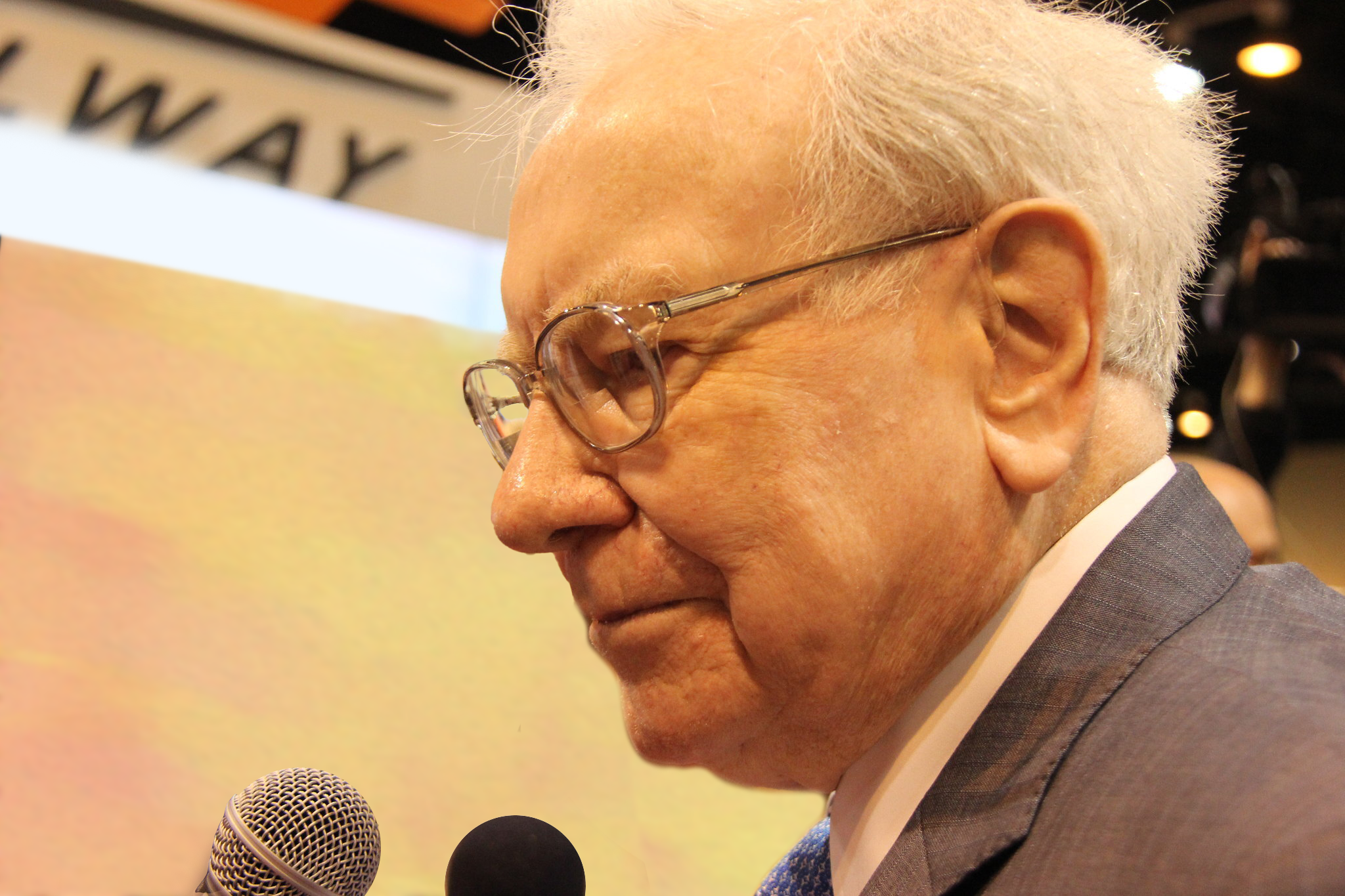Copyright fool

This will be a landmark year for Berkshire Hathaway (NYSE: BRK.A) (NYSE: BRK.B). The company's 95-year-old chief executive officer, Warren Buffett, will retire at the end of the year, concluding a 60-year run. Buffett led Berkshire Hathaway to astounding riches in his career, accumulating an overall gain through 2024 of 5,502,284% (versus 39,504% for the S&P 500). Buffett is a legendary leader and investor, with his buy-and-hold style mimicked by millions. The Oracle of Omaha amassed a mighty investment portfolio for Berkshire Hathaway as he transformed the company from a textile company to a $1 trillion conglomerate that owns insurance businesses, an energy business, real estate, and railroads. It's understandable to be skeptical about Berkshire Hathaway as an investment considering Buffett's influence. He will truly be missed. And that's at least part of the reason Berkshire Hathaway stock is underperforming the market, up only 5% so far this year versus the S&P 500's gain of 17%. But honestly, if you're questioning if you should invest in Berkshire Hathaway because you like the company's investment portfolio, you're looking in the wrong place. There are lots of more important factors to consider. What really matters in Berkshire's earnings report? Buffett, through Berkshire's earnings report and commentary in the second quarter, says it best. "Investment gains (losses) derive from our investments in equity securities and can include significant unrealized gains and losses from changes in market prices and foreign currency exchange rates applicable to certain of our investments. We believe that investment gains and losses, whether realized from dispositions or unrealized from changes in market prices, are generally meaningless in understanding our reported periodic results or evaluating the economic performance of our operating businesses." (emphasis added) Essentially, Buffett is saying investors should not mistake market noise for the business reality. There are accounting rules that force companies to adjust their results every quarter -- and some investors overreact to those paper gains and losses. Instead, the things to focus on with Berkshire Hathaway's earnings are its insurance underwriting business, energy margins, and if the company will buy back stock. According to the company's Q2 earnings, Berkshire Hathaway earned $80.4 billion in revenue from its insurance companies, down from $81.4 billion a year ago. Its railroad, utilities and energy segment was also down slightly, with revenue of $12.2 billion versus $12.3 billion a year ago. The company's total revenue was $92.5 billion, down from $93.7 billion a year ago. Net earnings for the quarter were $12.4 billion and $5.73 per share, down from $30.3 billion and $14.08 per share in the same quarter a year ago. But even in that, there were some changes. Berkshire disclosed that it reclassified revenue, liability, asset, and expense balances of its Pilot Travel Centers from the railroad, utilities, and energy segment to the insurance and other segment. The change didn't affect Berkshire's consolidated statements, but it did have an impact when you look at those individual segments. Berkshire Hathaway also said that it did not make any stock buybacks in the first half of the year. Berkshire only buys back shares when Buffett believes that the stock's repurchase price is below a conservative estimate of the company's intrinsic value, according to the earnings report. Interestingly, Berkshire Hathaway is carrying a huge amount of cash -- $96.2 billion, up from $44.3 billion a year ago. Obviously, Berkshire Hathaway has plenty of money to invest or to buy a new company -- if Buffett can find one that he likes, for the price that he wants. What about those stock holdings? While Buffett himself downplays the impact of stock holdings on Berkshire Hathaway's earnings, it doesn't hurt to point out that the company's five largest holdings -- American Express, Apple, Bank of America, Coca-Cola, and Chevron, make up 67% to 71% of the aggregate fair value of the company's stock holdings. In addition, Berkshire Hathaway has $8.5 billion in preferred shares of Occidental Petroleum, from which the company gets an 8% dividend yield, and it owns 28% of Occidental common stock. Berkshire Hathaway owns 27% of Kraft Heinz stock, for which it reported a $5 billion impairment loss after Berkshire Hathaway's representatives on Kraft Heinz's board of directors resigned. The company says financial information it receives about Kraft Heinz is now limited to publicly available data. The directors' exit raised speculation that Berkshire Hathaway would sell its stake in the company. Should you buy Berkshire Hathaway stock before earnings? Buffett himself would probably tell you that it's silly to try to time the market, so my advice is that if you like how Buffett and his subordinates run the company, you should definitely buy Berkshire stock as a long-term holding. But it's unlikely that the Nov. 1 earnings report will cause the stock to pop or fall significantly.



